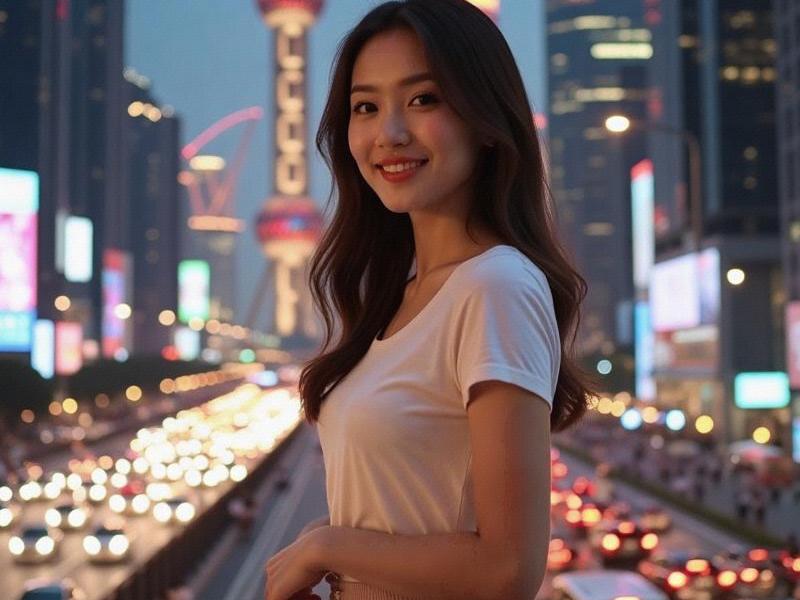This investigative feature explores how Shanghai-born women are crafting a unique urban feminine identity that blends traditional values with global sophistication, creating new social paradigms in China's most cosmopolitan city.

The Shanghai woman has long been mythologized in Chinese culture - from Eileen Chang's literary heroines to the "modern girls" of 1930s jazz age posters. Today, a new generation of Shanghainese women are writing their own narrative, one that combines professional ambition with cultural rootedness in ways reshaping China's gender expectations.
PROFESSIONAL PIONEERS:
• 38% of Shanghai tech startups have female founders (national average: 22%)
• Women hold 45% of senior positions in financial institutions
• Female-led businesses grow 23% faster than male counterparts
上海神女论坛 FASHION PHILOSOPHY:
- Local designers blend qipao silhouettes with contemporary fabrics
- "Quiet luxury" movement replaces logo obsession with craftsmanship
- Sustainable fashion collectives gain influence among Gen Z
CULTURAL SYNTHESIS:
上海龙凤419社区 ✓ Bilingual book clubs reinterpret Chinese classics
✓ Traditional tea ceremony schools see 300% enrollment increase
✓ Fusion cuisine reflects hybrid cultural identities
SOCIAL IMPACT:
- Women-led NGOs address urban loneliness epidemic
上海品茶网 - Micro-influencers promote mental health awareness
- Community gardens foster intergenerational connections
"Shanghai women have developed a unique third way," observes sociologist Dr. Wang Lijun. "They honor Confucian family values while demanding equal professional opportunities, creating a new model of Asian femininity that's neither Western imitation nor traditional submission."
This cultural phenomenon manifests physically across the city - in the proliferating co-working spaces designed for female entrepreneurs, the revived art deco cafes hosting philosophical salons, and the Huangpu riverfront where grandmothers practice tai chi beside young executives scanning stock prices.
As Shanghai solidifies its position as China's global gateway, its women are proving that modernity and cultural authenticity aren't opposing forces but complementary elements in defining 21st century Chinese identity. Their example offers compelling alternatives to both Western feminism and Asian traditionalism, suggesting new possibilities for urban womanhood worldwide.